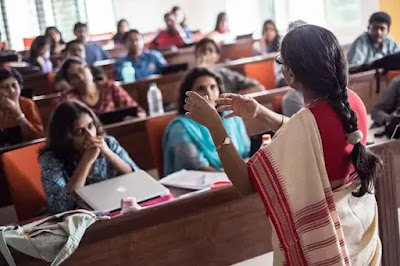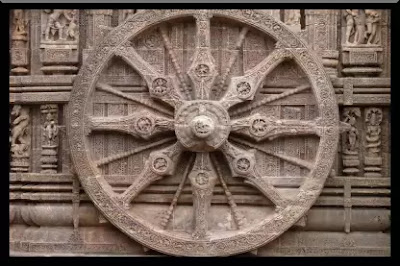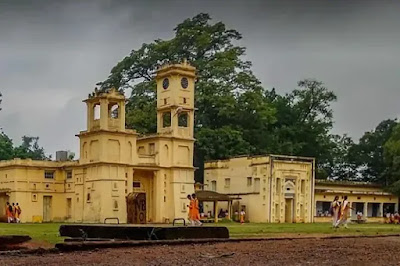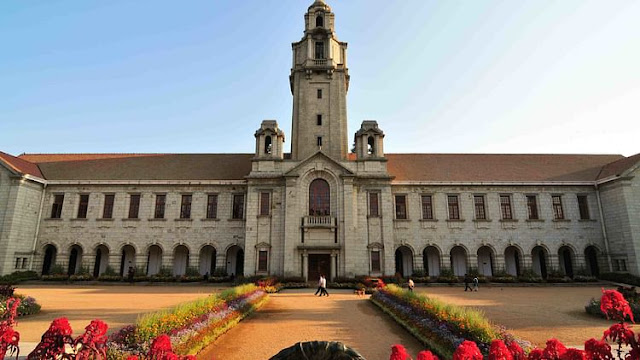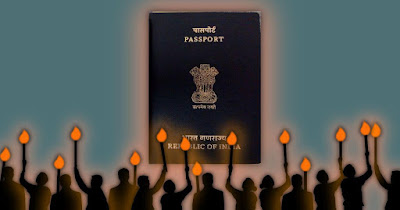International Universities in India: 'Macaulay Mindset'
If I thought India was the El Dorado of International Higher Ed - everyone wanted to go there, but no one knew how - it may no longer be true: Reportedly, 17 foreign universities have got permission to open their campuses in India, with more waiting in the queue. At the same time, Indian higher education policymaking continues to send mixed signals. The Prime Minister recently talked about the 'Macaulay Mindset' and the invitation to free India of the influence of the long-dead Lord M. (See here ' Modi wages war against the ghost of British Empire ') In effect, therefore, India is telling the foreign universities that 'we want your brands but none of your methods', when China is doing the opposite - taking their methods and building its own brands! This is what triggered me to write this post, and I do want to make more posts about the prospects of foreign universities in India. But, as a starting point, it may be worthwhile to understand...
